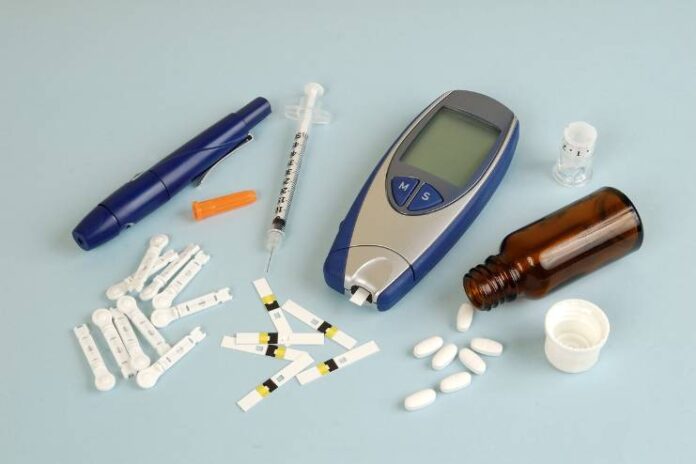Affiliate Disclaimer
Some links in this article are affiliate links. We may earn a small commission if you make a purchase through these links, at no extra cost to you. We only recommend products we find useful to our readersHeart health degrades over time, with heart issues being among the most common causes of mortality worldwide. Researchers are actively studying heart toxicity to develop better methods for mitigating this condition.
A new study (R) conducted by researchers from the Temple University Health System found that diabetes medications that target the excess lipids and glucose in the bloodstream do have benefits for the time being but come with many significant long-term risks, including weight gain, heart complications, and insulin resistance.
The reasons for this are not yet fully established, but the study provides a clearer picture of why this may occur. Certain diabetes drugs have been found to negatively impact not only the generation but also the function of mitochondria.
These drugs, known as dual PPARα/γ agonists, are believed to negatively impact heart function, leading to increased toxicity.
At the Lewis Katz School of Medicine at Temple University (LKSOM), the lead author of the study was able to establish that the correlation and negative impacts of diabetes drugs on heart toxicity stem from their effects on mitochondrial function.
Konstantinos Drosatos, PhD, Assistant Professor of Pharmacology in the Center for Translational Medicine and the Center for Metabolic Disease Research at LKSOM and senior author of the study, found that the agonist drug tesaglitazar simultaneously activated both PPARα and PPARγ receptors. This activation disrupted mitochondrial biogenesis and the associated energy production.
The researchers also reactivated SIRT1 using resveratrol, a popular antioxidant. This approach resulted in a notable reduction in heart toxicity while maintaining the efficacy of the diabetes drug, which was an added benefit.
Activating PPARα and PPARγ receptors was a primary factor in this process. The PPARα receptor binds to fibrate molecules, which have been shown to help lower blood glucose and triglyceride levels.
On the other hand, the PPARγ receptor is involved in regulating blood glucose levels in the bloodstream, thereby contributing to better diabetes management.
Previously, a group of diabetes drugs, including thiazolidinediones, was found to bind to the PPARγ receptors, leading to heart toxicity. However, this was not the only factor involved. Effective reduction of lipids and glucose required targeting additional mechanisms, which is why the role of the other receptor was also considered.
Dr. Drosatos sought to gain a deeper understanding of his findings, so he treated a group of diabetic mice with the dual PPARα/γ agonist tesaglitazar to assess its impact on heart toxicity and explore potential mitigation strategies.
They found that despite the proper medications and reduced levels of glucose and lipids, the mice experienced cardiac dysfunction, worsening their health. Upon examining the heart tissues, researchers discovered a deficiency in the specific heart protein cardiac PPARγ coactivator 1-α (PGC1α), which is crucial for mitochondrial biogenesis.
This led researchers to hypothesize that the heart toxicity associated with diabetes drugs might be due to compromised mitochondrial function. Further studies are needed to gain more insights into this issue.
To determine if the condition could be mitigated, researchers treated the same group of diabetic mice with a combination of resveratrol and the diabetes drug tesaglitazar. The results showed that mice receiving this combination exhibited fewer signs of heart toxicity, and their heart cells maintained normal mitochondrial function.
Dr. Drosatos stated that a better understanding of the relationship between heart toxicity and treatment with dual PPARα/γ agonists makes it easier to pave the way for future studies in this area.
-
Sep 2019Written by Somapika D
-
Sep 2024Edited by Lakshmi Gayatri





















